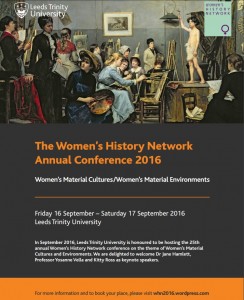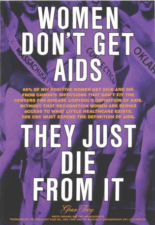
WHN Admin.
The abstracts following, by Cheryl Butler and Ali Flint, provide a ‘taste’ of the papers that will be presented at the conference. Cheryl Butler and Ali Flint’s generosity in providing the abstracts for the blog is greatly appreciated.
Cheryl Butler
Invisible/Visible: women hiding in documents
The life of Mary Janverin,1539-1608, wife, mother, innkeeper ‘a woman of good & honest conversation’ but also witchfinder, scold, recusant, harbourer of thieves & pirates and ‘a common whore’.
Reconstructing forgotten lives from the surviving wills, court records, inventories and buildings of Tudor Southampton.
Short biography
Dr Cheryl Butler BA Hons, ANEA, MITG, PhD
Honorary Fellow University of Winchester
Fellow of the Royal Historical Society
Fellow of the Royal Society of Arts
winner of the BALH local history prize 2014
Committee Member & editor Southampton Records Series
Publications include 3 volumes for the Southampton Records Series; We Only Wore Shoes on a Sunday: The Oral History of Itchen Ferry Village; Tudor Southampton: Rioters, Revellers & Reformers
Recent Papers given at: After Margaret Spufford Conference Roehampton 2015; War & Peace Conference Queens Belfast 2015; Anglo-Iberian Conference Mertola 2015

Ali Flint
To the Ladies Turbutt: Three Women, Three Wills and Three Legacies
The paper demonstrates that three women from one Derbyshire Gentry family, the Gladwin Turbutt family through wills and legacies influenced, shaped and controlled the matrilineal line for well over two hundred years. From paper and ink to text and the digital screen the consequences of their decisions reverberate into the twenty-first century.
A judicious evaluation of the archival collection of the Turbutt/Gladwin family indicated that this group of records would yield rather more than a regular male orientated family pedigree.
The paper argues that through bequests in both life and death the three women had agency to help, guide and empower. It explores the choices made by later generations of the same family that society would otherwise have prohibited. In these choices the women would not only enrage their close male relatives but also later generations of the familial patrilineal line.
The paper explores how the platform of letters enabled/allowed women to step out of the hegemonic ideal of domesticity and into a world outside the gates of the landed estate. It will see how legacies and letters afforded two women to play the nineteenth-century stock market. In addition it demonstrates the difference a century made in the nature of the financial subjects about which the Ogston women were writing to determine what and whom was of greatest concern.
Biography:
Ali Flint. Third year History PhD student at the University of Derby. Research area: nineteenth-century women’s epistolarity.
Came to academia late in career. First Class BA Honours in Classical Studies, 2005; MA in Ancient History, 2009. Family historian and freelance researcher


